What is Social Liberalism?
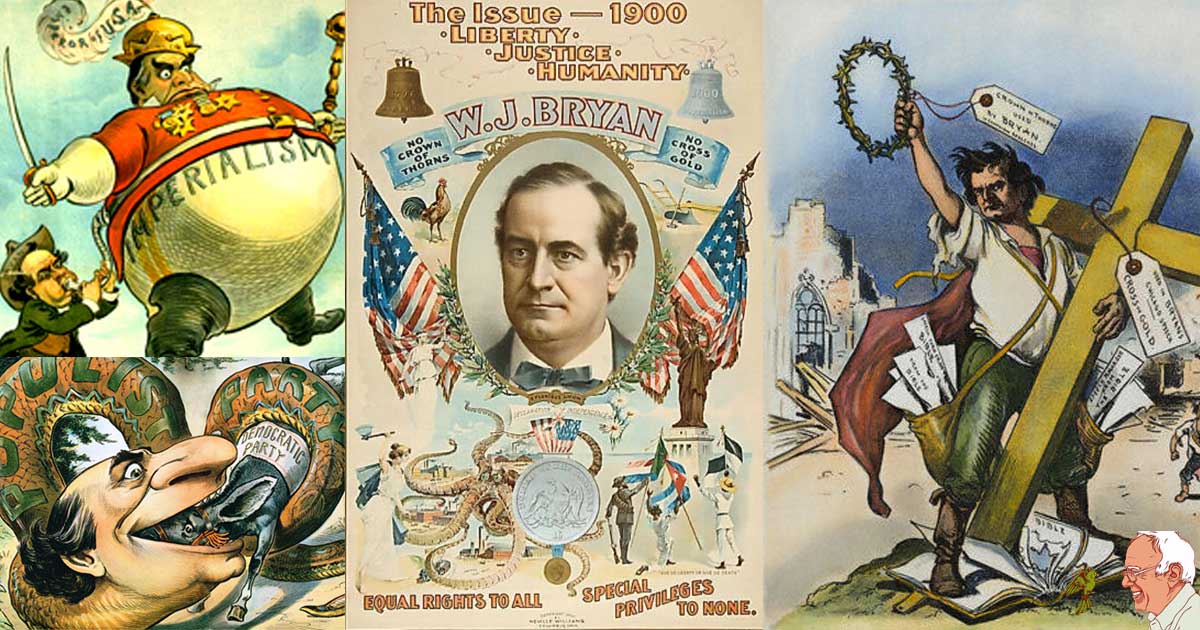
Social liberalism is the ideology of collective liberties and rights that favors social welfare and justice. It comes in a political and economic form.
In politics and philosophy liberty refers to the civil freedoms to which all people are entitled, in a state of nature it refers to total freedom. Given this we can say there are generally two types of liberty:
Liber in Latin means free, so Liberty broadly refers to the idea that all humans are born with inalienable rights (rather than these rights being bestowed upon them by a Government). The political philosophy born from the concept of liberty is “liberalism” (with conservatism being the push against this). See Hobbes, Locke, Hume, Burke, and Mill. The political philosophy that came after this addressed additional civil liberties necessary for a just state, and this is called social liberalism.
Although there is no agreement on the definition of Liberty (see nearly every political faction and war fought from 1688 on), we can broadly say liberty includes concepts such as: the social contract, freedom from kings, freedom of speech, religion, press, and assembly, freedom of trade, and generally the freedom to consent to be governed. Or perhaps, in sum, simply the freedom to pursue happiness.
The Romanticist version sees all men as naturally good and applies liberty to emotions, libertines apply it to the freedom to enjoy life’s sensual pleasure, libertarians accept social injustice in exchange for individual liberty, social liberals say humans can’t have liberty if they live in squalor, some think democracy breeds liberty, others think it can only be obtained in a republic ruled by law, some even think Monarchy or Communism is the path toward liberty… some, to the frustration of most everyone else, use liberty as an excuse to push their own special interests (as what is natural liberty if not deregulatory?).
We all agree liberty is one of the most important underlying concepts of humanity, but rarely do we agree on its meaning or the mechanics that it takes to achieve it.
According to John Locke’s Second Treatise of Government:
Or as Jefferson put it quoting Locke,
Of course this message isn’t much different than the one that Aristotle writes in his version of the Athenian Constitution (350 BC) where he quotes Solon (who lived in 600 BC). Or, that Aristotle himself writes in his masterwork Nicomachean Ethics.

Social liberalism is the ideology of collective liberties and rights that favors social welfare and justice. It comes in a political and economic form.
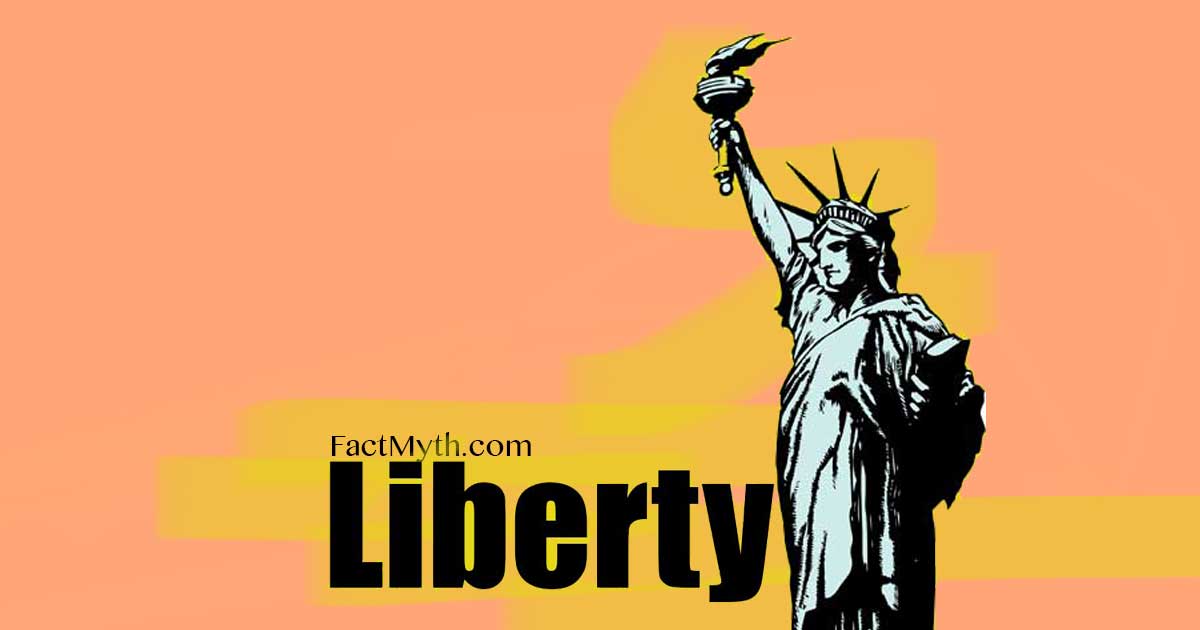
Classical liberalism is the ideology of liberties, rights, individualism, reason, and tolerance that comes in a political and economic form.

Conservatism is the ideology of governmental, cultural, and economic order, tradition, hierarchy, and authority that generally comes in classical, social, and economic forms.

In his Republic, Plato examines how Democracy can lead to Tyranny in a republic. We explain Plato’s theory as it pertains to democracy and tyranny.

The problem with unsubstantiated information is that it is unverified as true, and often leaked by sources with plausible deniability, which is confusing.

On this page we discuss the concepts of fairness, justice, morality, and ethics as they relate to Utilitarianism.
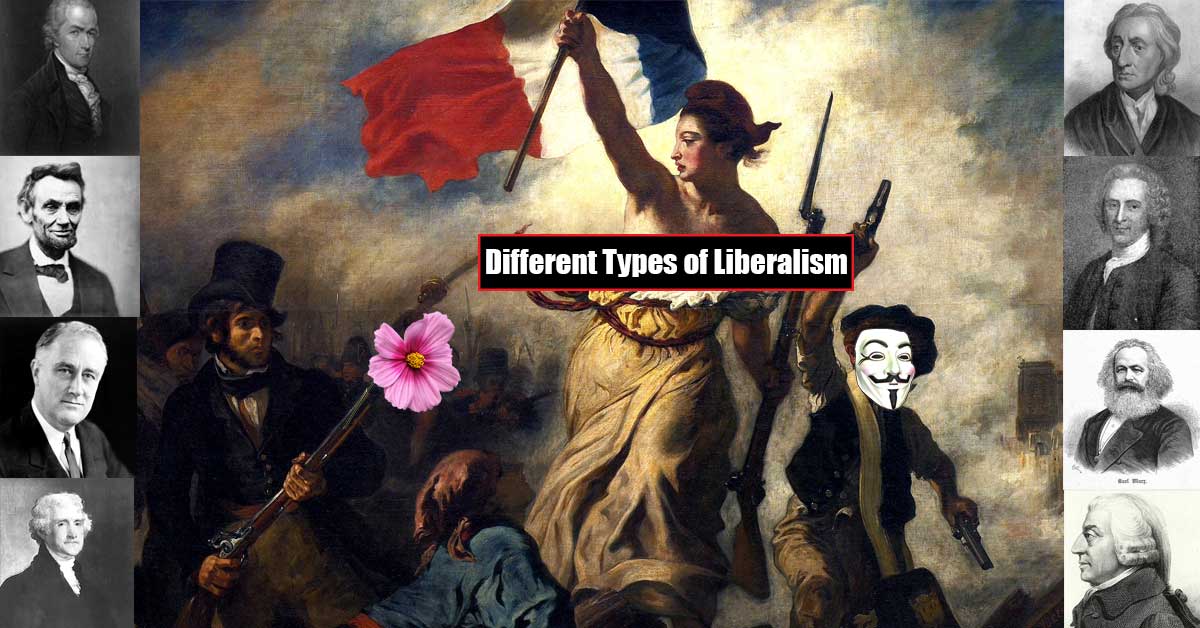
Liberalism is the political ideology of liberty and equality, where classical liberalism emphasizes individual liberty and social liberalism emphasizes social equality.
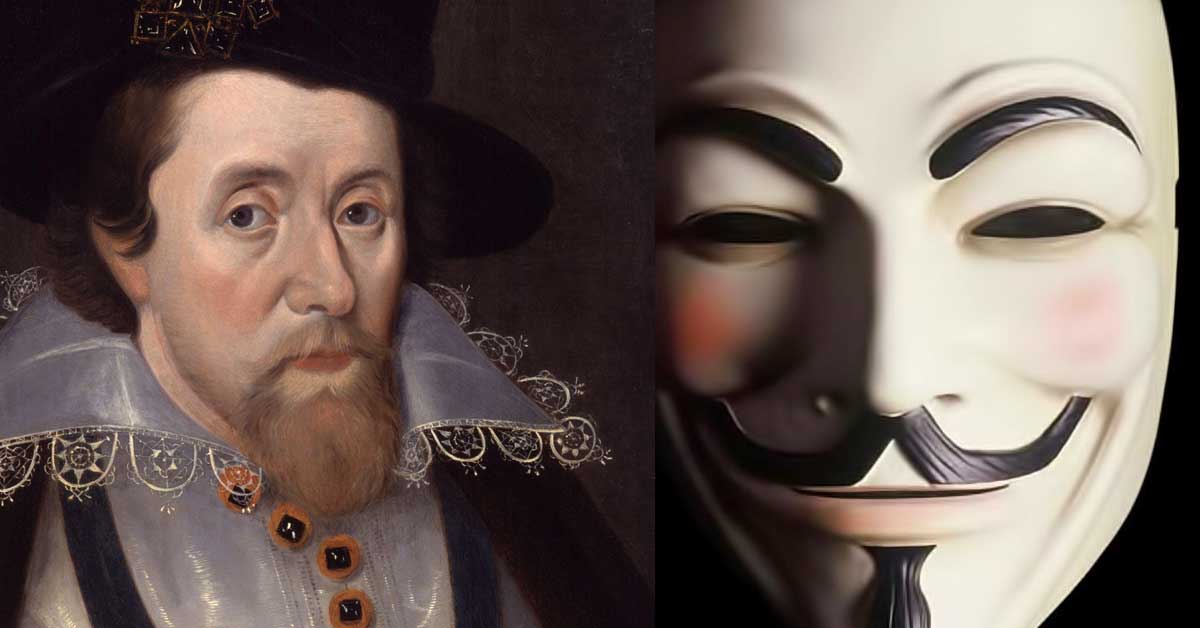
We explain Guy Fawkes, Guy Fawkes Day, and the symbolism behind the the Guy Fawkes mask, the fifth of November, and the Gunpowder, Treason, and Plot.
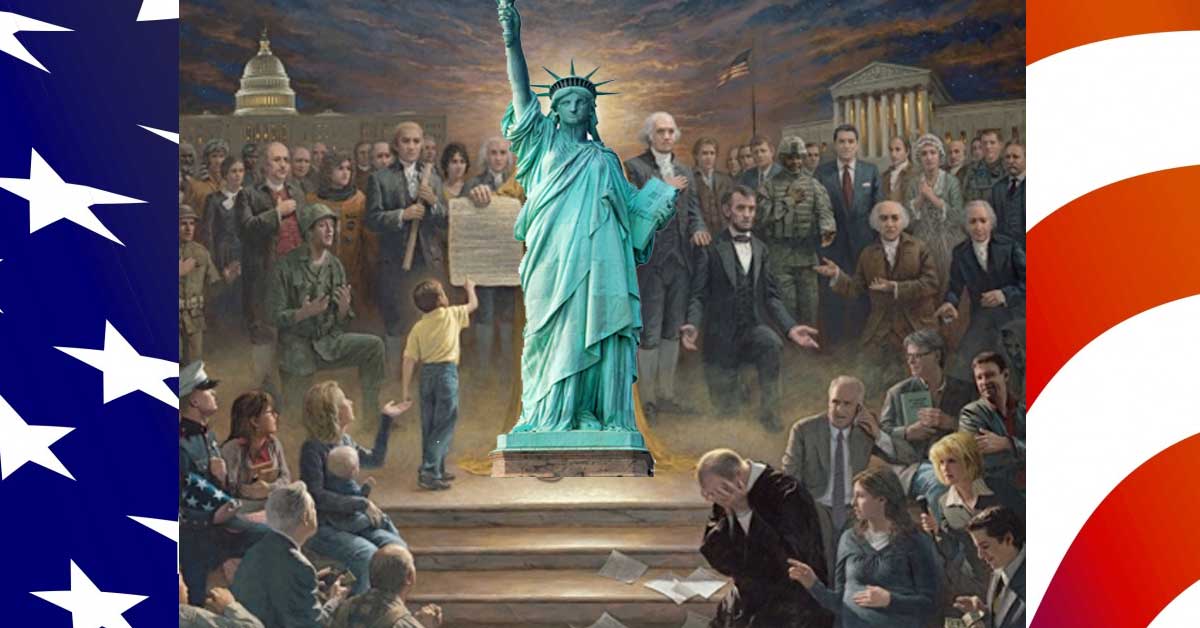
“Civil Religion” is the civic “religion” of a nation. It doesn’t describe the theological religion of a nation, but rather a quasi-religious shared identity built around national symbolism and customs.

In modern history political factions have often been represented by a color, we look at political color to understand color politics.